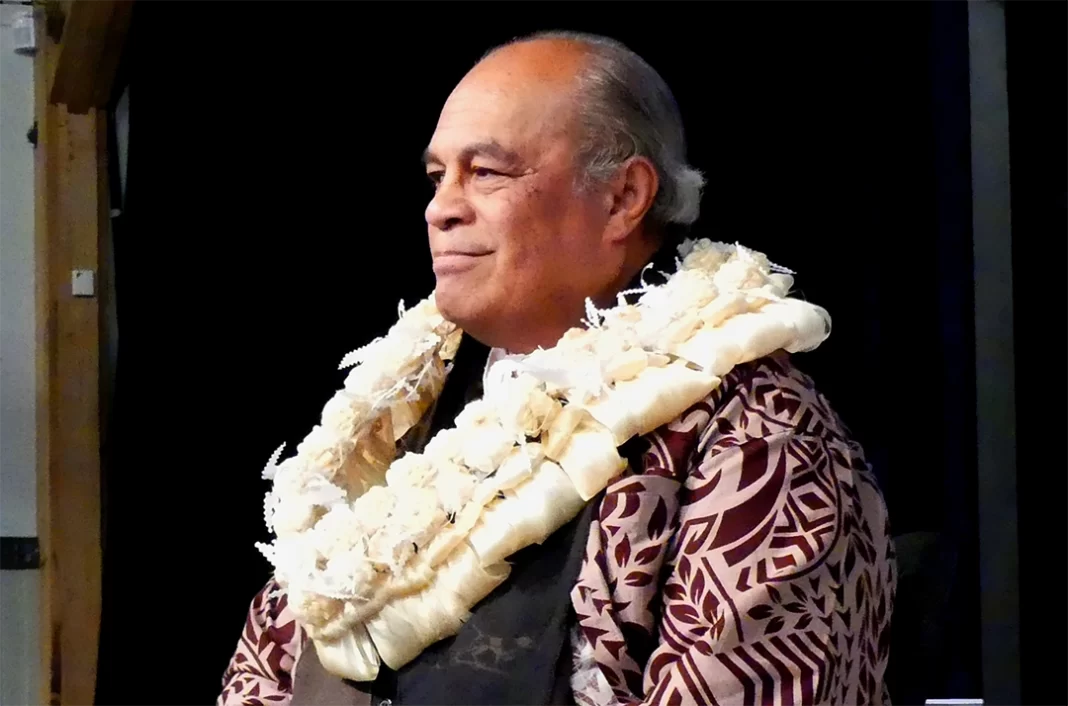New Zealand’s political landscape is undergoing a significant transformation with the expected formation of a government coalition comprising the National, ACT, and New Zealand First parties. This political shift signals potential repercussions for the Maori and Pacific communities, particularly with respect to the Ministry for Pacific Peoples (MPP). Concerns raised by former Labour MP Aupito William Sio about potential cuts in staffing and budget for the MPP underscore the risk of marginalising crucial cultural and social support structures integral to New Zealand’s diverse heritage.

The new government’s commitment to reducing “wasteful spending” and trimming the perceived “bloated bureaucracy” may seem fiscally responsible on the surface. However, these measures risk compromising essential cultural and linguistic heritage elements, especially for Maori and Pacific Peoples. The information from the Ministry of Business, Innovation and Employment (MBIE), revealing plans for cuts in discretionary spending and voluntary redundancies, represents a broader narrative that could sideline the cultural and linguistic diversity that New Zealand prides itself on.
The MPP’s role in advocating for and supporting Pacific communities has been pivotal. The apprehensions about budget and staffing cuts to the MPP under the incoming government highlight a potential dismantling of vital services and initiatives that are crucial for Pacific peoples. Furthermore, the lack of Pacific representation in the coalition is a worrying sign of diminishing focus on the needs and voices of these communities.
The debate over the use of te reo Maori and the name “Aotearoa New Zealand” transcends mere linguistics; it is emblematic of New Zealand’s bicultural heritage. Policies advocating an “English first” approach and the erasure of Maori names, as proposed by certain coalition members, symbolise steps that could significantly impact cultural respect and representation in the country.
As New Zealand navigates this pivotal juncture, it is imperative to strike a balance between fiscal responsibility and cultural inclusivity. The actions and policies of the incoming government will have ramifications extending beyond budgetary concerns, influencing the very essence of New Zealand’s diverse society. This period calls for thoughtful consideration and inclusive dialogue, ensuring that the pursuit of efficiency does not undermine the rich cultural diversity that is a hallmark of New Zealand’s identity.





